I'm delighted to share an excerpt from a new anthology that makes an important contribution to the fat studies bookshelf, "Queering Fat Embodiment," edited by Cat Pausé, Jackie Wykes and Samantha Murray. From Cat's essay, "Causing a commotion: Queering fat in cyberspace"…
* * *
The Campaign
The I Stand campaign was begun by Marilyn Wann, a well-known fat activist in the San Francisco Bay area and the author of Fat!So?. It was a response to a fat shaming campaign that targeted children in the state of Georgia, USA. The Georgia campaign, Strong4Life, featured ads of fat children and the phrase ‘WARNING’ in red lettering across the bottom, along with a statement about childhood obesity (e.g., ‘It’s hard to be a little girl when you’re not’). The purpose of the ads, according to the campaign, was to bring attention to childhood obesity and encourage parents to take the issue seriously. Concerns about the negative tone and shaming nature of the ads, however, were raised by those in the public health sector, the eating disorders community, and fat activists alike.
Wann’s response, the I Stand campaign, took direct aim at the image and message of the ads themselves. Wann invited individuals to submit a photo of themselves and their position (a statement about what they ‘stand for’ in relation to weight/stigma/health), which were then made into a poster for the I Stand campaign. Each poster has a picture of an individual and a statement about what they stand for. The phrase ‘I STAND’ is found in bright pink lettering across the bottom, along with fat positive statement. The first poster, featuring Marilyn Wann, read ‘I STAND against harming fat children. Hate /= health’.
Figure 7.1 I Stand
Source: Courtesy of Marilyn Wann.
Most of the submissions came from fat individuals, but a range of body sizes can be found among the collection. The posters may be found on the ‘I Stand Against Weight Bullying’ Tumblr. Contributions range from ‘I STAND for body diversity’, ‘I STAND against teaching kids to hate their bodies’, ‘I STAND for doing what you love in front of those who doubt you’, ‘I STAND for taking up space’, and ‘I STAND for doing what you love in the body you have now’. Each poster ends with, ‘Stop weight bigotry. Health at Every Size’
Wann’s I Stand campaign allows for individuals of all sizes to present positive messages about fatness, body size, and physical health and well-being. Using the same format as posters intended to fat shame children, but changing the context to fat positivity, queers fat. By allowing others to produce the pictures and text, I Stand fosters user created content within a larger campaign for social change. The campaign, however, was not without critics.
As noted in an open letter from the people of caucus of NOLOSE, ‘A response to white fat activism from People of Color in the fat justice movement’, too many fat activist projects represent only a singular point of view. Shuai et al. cautioned against allowing the fat justice movement to become separated along class and colour lines, and they noted that the power of social media allows for connections to be made, conversations to be had, and for a diverse group of individuals to engage in the planning, execution, and promotion of any work being done.
Within the letter, the authors present many ways that those who engage in fat activism may work towards being inclusive. Being aware of differing kinds of privilege is one, as well is reflecting on an individual’s own privilege and actions which reinforce oppression against others. Being mindful of the impact the work may have on those from other racial, ethnic, and class backgrounds. Another step would be to not fall into the trap of asking others, outside of our own groups, to educate about the issues of oppression faced by them. Most importantly, those who claim commitment to these issues must assume responsibility for ensuring that a range of voices are included.
Used by permission of the Publishers from ‘Causing a commotion: Queering fat in cyberspace’, in Queering Fat Embodiment eds. Cat Pausé, Jackie Wykes and Samantha Murray (Farnham: Ashgate, 2014), pp. 77-78. Copyright © 2014
* * *
The Campaign
The I Stand campaign was begun by Marilyn Wann, a well-known fat activist in the San Francisco Bay area and the author of Fat!So?. It was a response to a fat shaming campaign that targeted children in the state of Georgia, USA. The Georgia campaign, Strong4Life, featured ads of fat children and the phrase ‘WARNING’ in red lettering across the bottom, along with a statement about childhood obesity (e.g., ‘It’s hard to be a little girl when you’re not’). The purpose of the ads, according to the campaign, was to bring attention to childhood obesity and encourage parents to take the issue seriously. Concerns about the negative tone and shaming nature of the ads, however, were raised by those in the public health sector, the eating disorders community, and fat activists alike.
Wann’s response, the I Stand campaign, took direct aim at the image and message of the ads themselves. Wann invited individuals to submit a photo of themselves and their position (a statement about what they ‘stand for’ in relation to weight/stigma/health), which were then made into a poster for the I Stand campaign. Each poster has a picture of an individual and a statement about what they stand for. The phrase ‘I STAND’ is found in bright pink lettering across the bottom, along with fat positive statement. The first poster, featuring Marilyn Wann, read ‘I STAND against harming fat children. Hate /= health’.
Figure 7.1 I Stand
Source: Courtesy of Marilyn Wann.
Most of the submissions came from fat individuals, but a range of body sizes can be found among the collection. The posters may be found on the ‘I Stand Against Weight Bullying’ Tumblr. Contributions range from ‘I STAND for body diversity’, ‘I STAND against teaching kids to hate their bodies’, ‘I STAND for doing what you love in front of those who doubt you’, ‘I STAND for taking up space’, and ‘I STAND for doing what you love in the body you have now’. Each poster ends with, ‘Stop weight bigotry. Health at Every Size’
Wann’s I Stand campaign allows for individuals of all sizes to present positive messages about fatness, body size, and physical health and well-being. Using the same format as posters intended to fat shame children, but changing the context to fat positivity, queers fat. By allowing others to produce the pictures and text, I Stand fosters user created content within a larger campaign for social change. The campaign, however, was not without critics.
As noted in an open letter from the people of caucus of NOLOSE, ‘A response to white fat activism from People of Color in the fat justice movement’, too many fat activist projects represent only a singular point of view. Shuai et al. cautioned against allowing the fat justice movement to become separated along class and colour lines, and they noted that the power of social media allows for connections to be made, conversations to be had, and for a diverse group of individuals to engage in the planning, execution, and promotion of any work being done.
Within the letter, the authors present many ways that those who engage in fat activism may work towards being inclusive. Being aware of differing kinds of privilege is one, as well is reflecting on an individual’s own privilege and actions which reinforce oppression against others. Being mindful of the impact the work may have on those from other racial, ethnic, and class backgrounds. Another step would be to not fall into the trap of asking others, outside of our own groups, to educate about the issues of oppression faced by them. Most importantly, those who claim commitment to these issues must assume responsibility for ensuring that a range of voices are included.
Used by permission of the Publishers from ‘Causing a commotion: Queering fat in cyberspace’, in Queering Fat Embodiment eds. Cat Pausé, Jackie Wykes and Samantha Murray (Farnham: Ashgate, 2014), pp. 77-78. Copyright © 2014
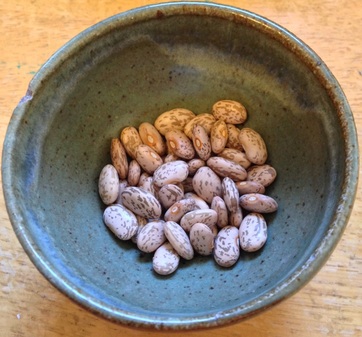
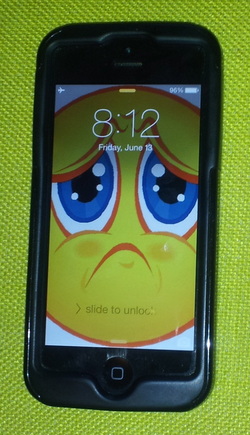
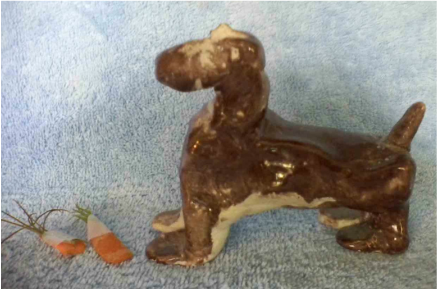
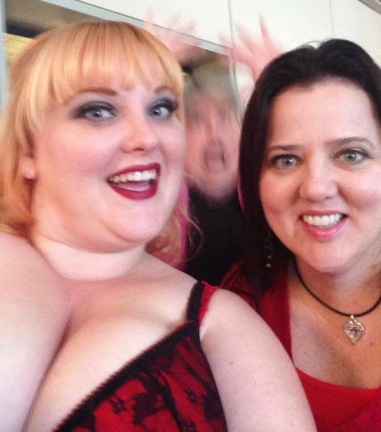
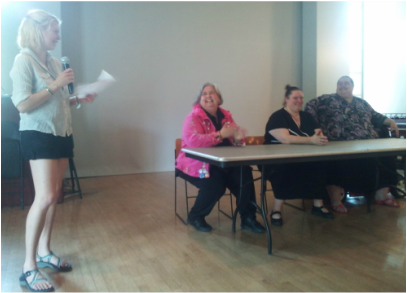
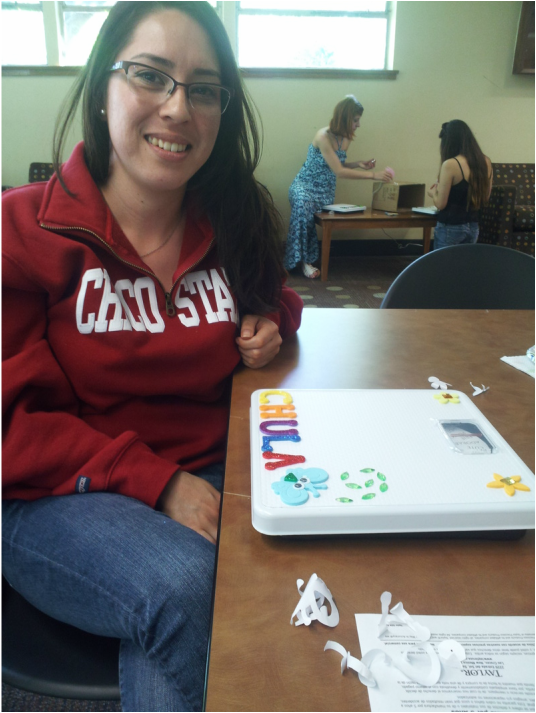
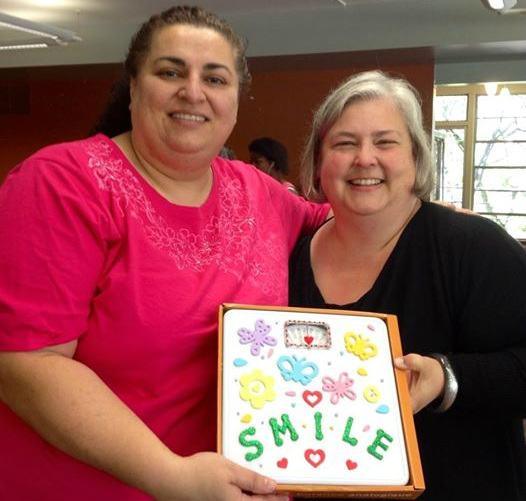
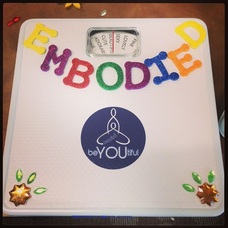
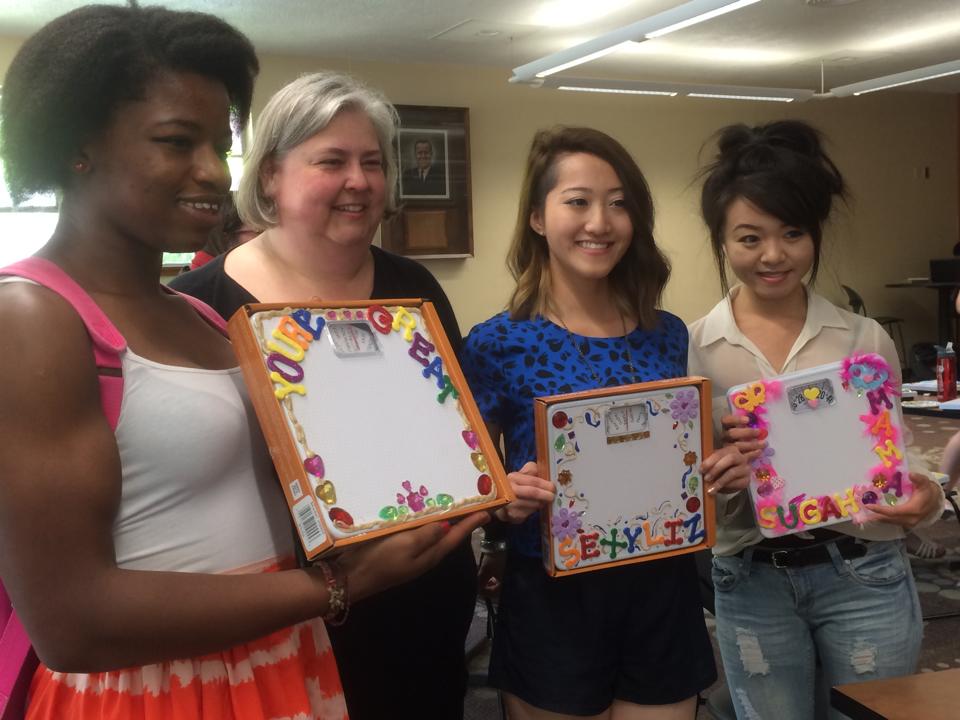
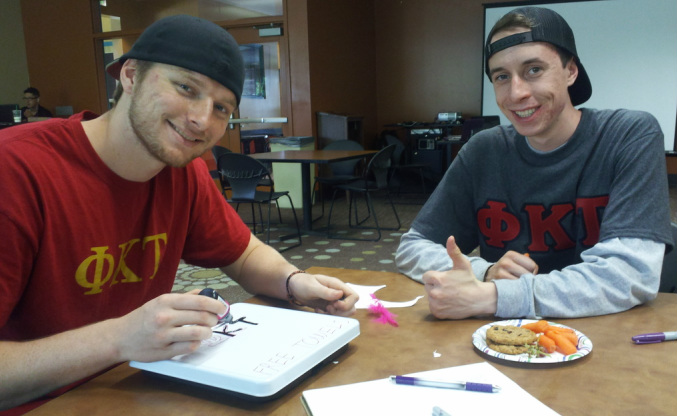
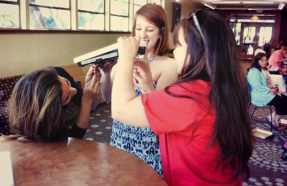
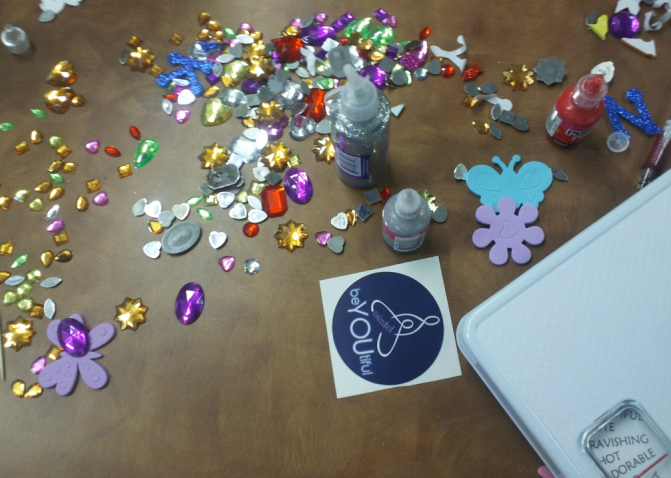
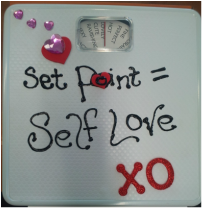
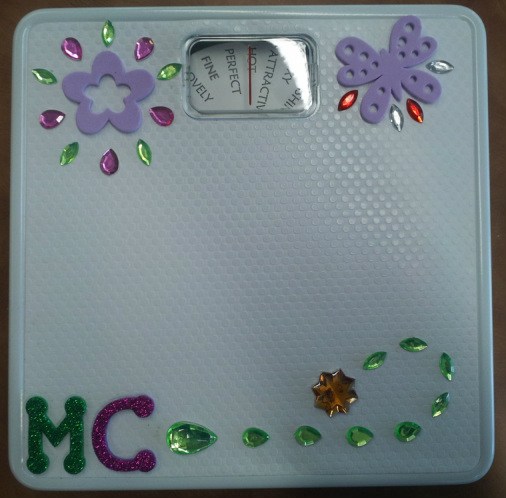
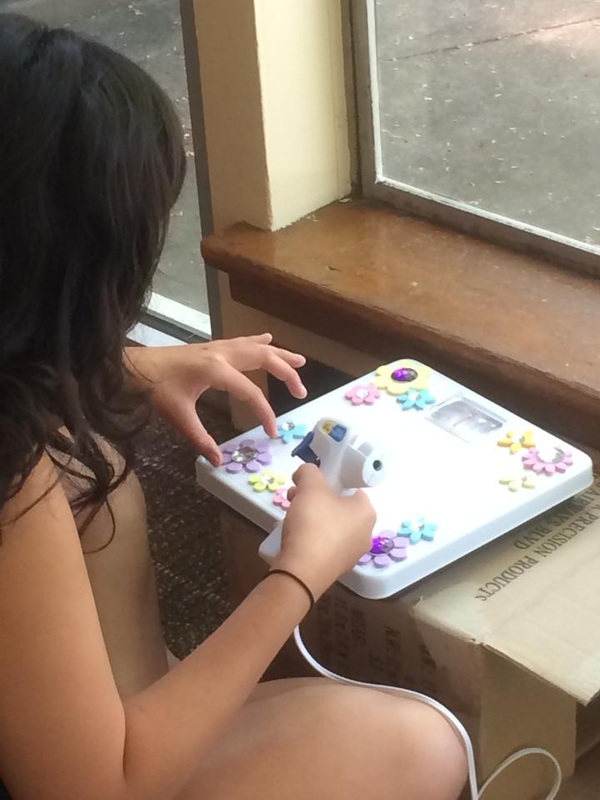
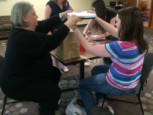
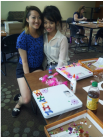
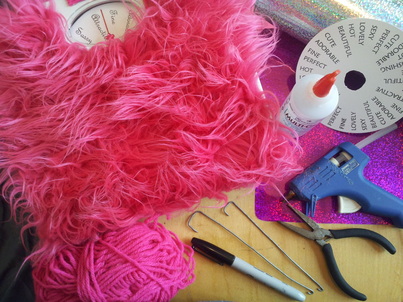
 RSS Feed
RSS Feed